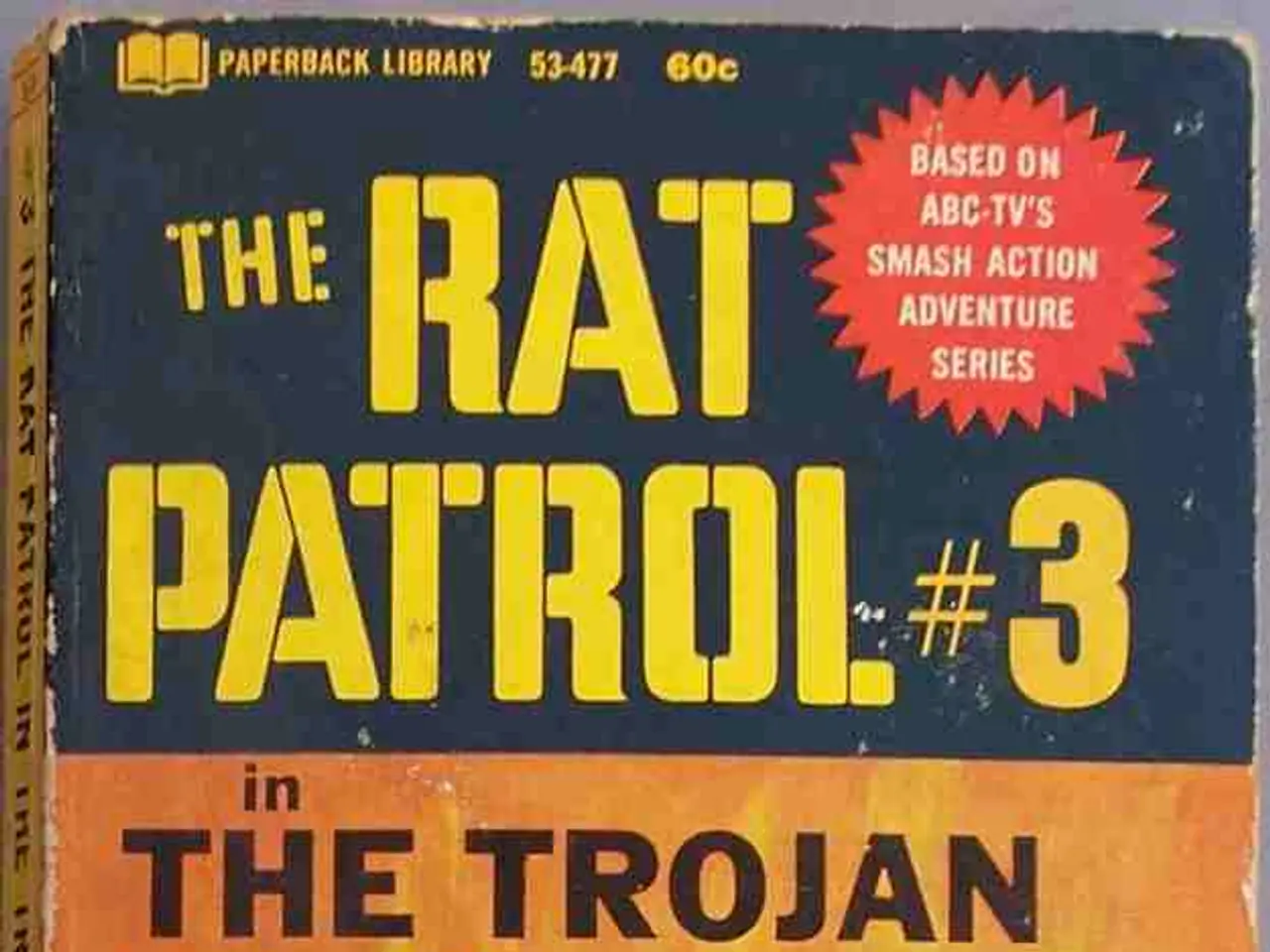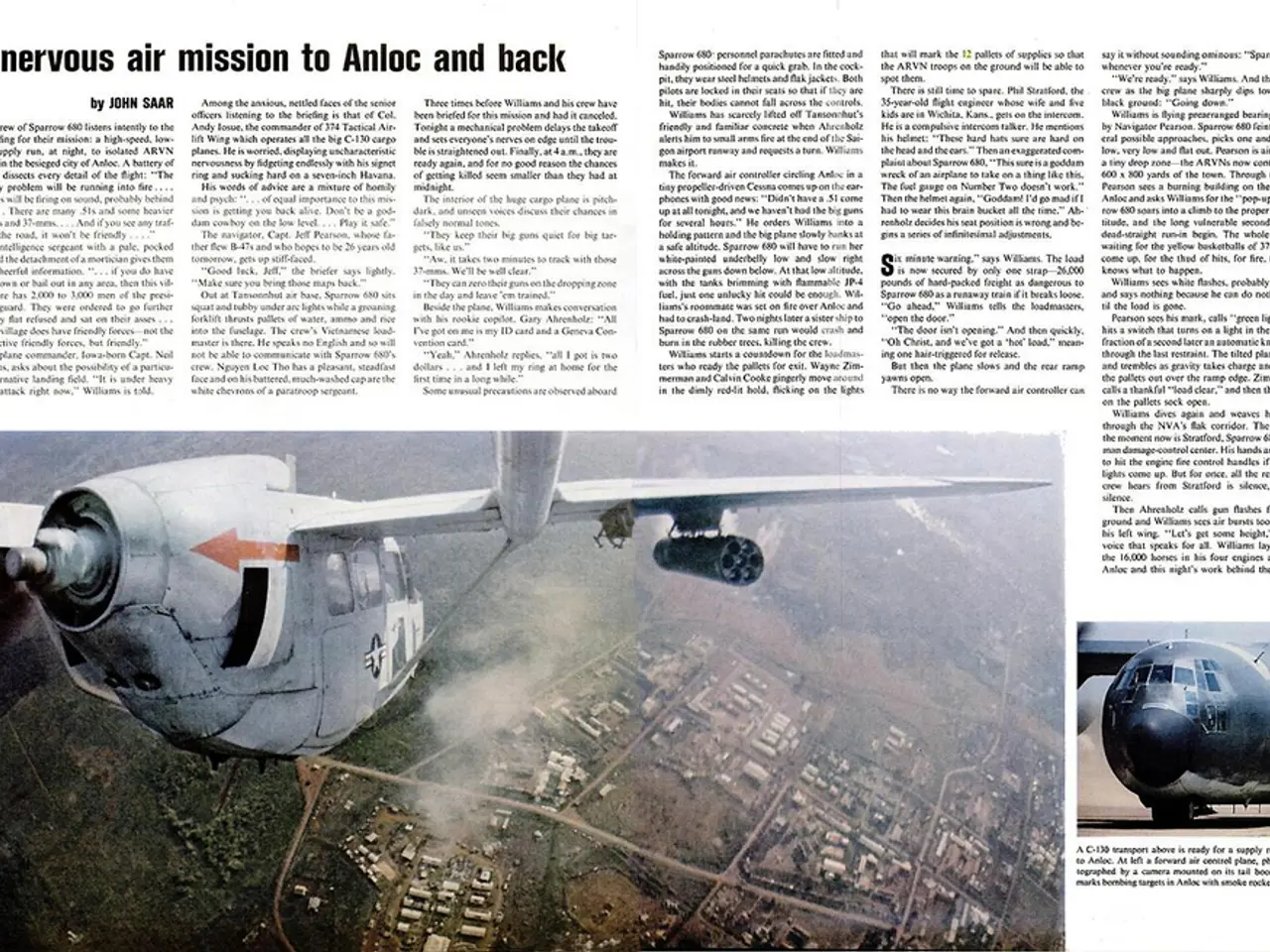Violence in Syria claimed lives of 360 activists
In the heart of southern Syria, the predominantly Druze town of Suwaida has been experiencing a surge of violence since mid-July 2025. A ceasefire agreement, reached between the Syrian government and Druze religious leaders on July 15–16, aimed to bring an end to the conflict, but its implementation has proven to be a complex and fragile process.
The agreement, which included the full reintegration of Suwaida under central government authority, was confirmed by the Interior Ministry. Local Druze clerics and international interlocutors, including Turkish intelligence and U.S. officials, were involved in the brokering of the ceasefire. However, the peace deal failed almost immediately after implementation, with fighting resuming between local Druze militias and Bedouin groups.
The armed Bedouin faction stated that the ceasefire agreement did not bind them, only the Syrian government forces. Renewed violence included exchanges of fire in urban neighborhoods, civilian casualties, and the use of heavy small arms and rocket-propelled grenades.
While there was consensus between the Syrian government and Druze leadership on the ceasefire, there is no full consensus across all armed parties in Suwaida, particularly with Bedouin militias rejecting the agreement. This has resulted in ongoing violence and a collapse of the ceasefire on the ground.
A committee consisting of government representatives and Druze clerics is responsible for monitoring the ceasefire's implementation. Hikmat al-Hijri, another spiritual Druze leader, has called for fighters to continue resisting in Suwaida, contradicting statements that a ceasefire had been agreed upon. He also stated that Suwaida must be "unconditionally" freed from criminal gangs causing death and destruction.
The United Nations Secretary-General António Guterres has demanded an end to the fighting in Suwaida, Syria. On Wednesday, the Israeli Air Force targeted sites in Damascus, including the Defense Ministry's headquarters and a target near the presidential palace, in an effort to protect the Druze minority in Syria. The Israeli Chief of Staff Eyal Zamir has ordered an increase in surveillance and attack capabilities to further protect the Druze community.
US Secretary of State Marco Rubio has stated that the US has agreed on concrete steps to end the situation. Despite these efforts, the status of the ceasefire in Suwaida remains highly unstable, with ongoing violence and a lack of effective enforcement and broad acceptance among all factions involved.
- The ceasefire agreement in Suwaida, Syria, faces challenges in gaining consensus among all armed parties, especially the Bedouin militias who reject the agreement, leading to ongoing violence and a fragile implementation process.
- The United States has agreed on concrete steps to end the ongoing violence in Suwaida, but the unstable status of the ceasefire persists, with the continued use of heavy small arms and rocket-propelled grenades, contradictory statements from Druze leaders, and a lack of broad acceptance among factions.








